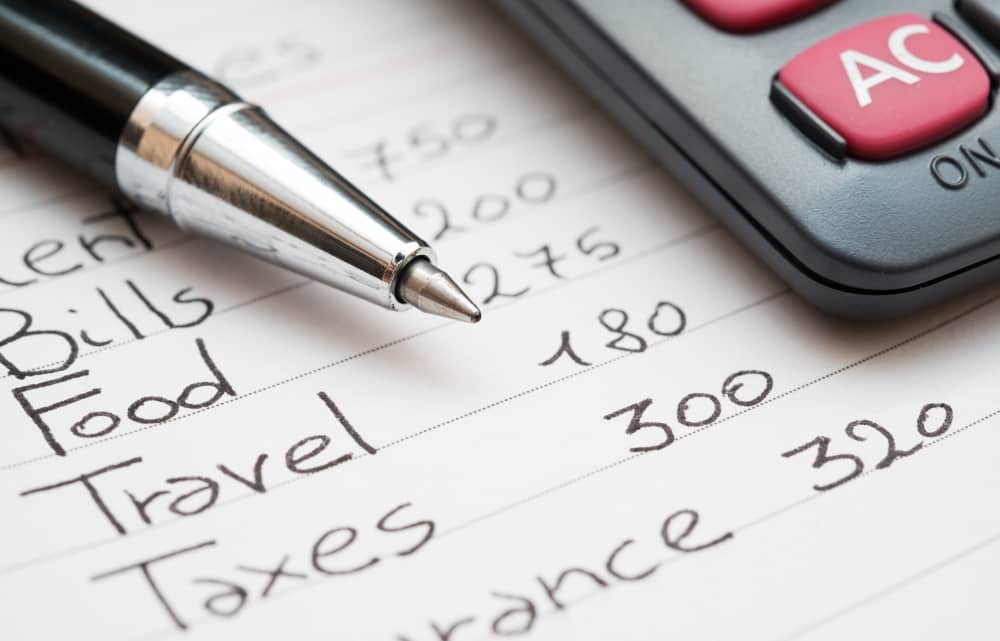
How to Save for Your Down Payment on Your House
Owning a home is a dream that many Australians share. However, trying to save enough for a deposit can make the dream feel more like a fantasy. Saving for a house deposit can be difficult for many people, and the amount of money you need for a suitable down payment can be daunting.
You can save enough money for a down payment on a house, and the process may be easier than you think. Follow these tips to save for a house deposit, and you will be amazed at how much you can save.
How to Save for a House Deposit
1. Start by Figuring Out How Much You Will Need for a Down Payment
It is tough to hit an unseen target. By learning how much you need to save, you will have a greater chance of achieving your goal.
A standard amount to save is 20 per cent. If you can come up with this amount, you will not need to pay for Lenders Mortgage Insurance (LMI) which will help you to save money on your loan repayment.
You may be surprised to learn that some lenders will loan as much as 85-95% of the property’s value. Many borrowers can save 5-15% of the property value and get a home loan with a smaller down payment. Remember, when you take advantage of the lower deposit amount, your repayment will be higher.
It is possible to run several sets of numbers to see the difference in repayment amounts. Quantum Finance has several financial calculators to help you get an accurate picture of the money you will need to save for your house deposit.
2. Analyse Your Financial Situation
It can be difficult for some people to take a hard look at their finances. Bad spending habits, overuse of credit and a lack of savings are not reasons to feel ashamed. These are not unique circumstances. With your knowledge, you can focus on areas you should change.
3. Set a Budget
Even though budgeting sounds difficult, it is the best way to move towards achieving your financial goals. You will also create a good habit that will help you far into the future.
Steps to making a budget:
- Total your monthly income. Include your take-home pay, spousal contributions, alimony, and money from other sources you receive each month.
- Look at your spending for the last 90 days. Categorise what you spend to determine what you pay for your rent, utilities, food, insurance, clothing, and discretionary spending.
- Once you have a clear picture of what you make and spend your money on, you can set your budget.
- Your priorities will play a big part in how you budget. If saving for a down payment is at the top of your list, then you should funnel money into your savings after you have paid the monthly necessities.
- Focus on areas to cut back.
- Make sure your budget is something you can live with for the long run. If you trim away every bit of fun or entertainment, staying with the plan will be more difficult. For example, instead of going out to eat or ordering carryout several times a week, you cut back to once every two weeks.
4. Consider Making Big Changes
When the topic of saving money comes up, small changes like making your coffee are usually part of the conversation. However, these changes are insufficient to build up the money you need when saving for a house deposit. You may need to consider larger lifestyle changes to help fund your down payment.
- Move back in with your parents or take on roommates to lower rent
- Add a casual job for extra income
- Learn to make the most of your current wardrobe or check out resale shops
- Consolidate consumer debt for a better interest rate
- Tuck away an emergency credit card and pay with your debit card to avoid falling into debt
- Put any unexpected income into your savings
- Set up automatic payments to a savings account dedicated to your house deposit
5. Get Help to Buy Your House
Typically, first-home buyers have the most difficulty saving a down payment for a house. The government recognises this and has several programmes available to help those purchasing their first home.
- First Home Loan Deposit Scheme – The First Home Loan Deposit Scheme is in place to assist first home buyers in getting a house with a deposit as small as 5% of the purchase price. Additionally, the scheme can help eligible buyers save around $10,000 in lender’s mortgage insurance (LMI) fees.
- First Home Owner Grant – The First Home Owner Grant (FHOG) can help eligible first home buyers by giving grants up to $20,000 and reducing stamp duty.
- First Home Super Saver Scheme – The First Home Super Saver Scheme (FHSSS) lets first home buyers save their deposit through their super. You can make voluntary super contributions up to $15,000 a year. The funds can be withdrawn to buy your first home.
Conclusion
Saving for a house deposit is a challenge but not impossible. If you are saving for a house in WA but are unsure what steps to take, talk to a mortgage broker Perth trusts. As one of Western Australia’s most trusted home loan facilitators, we will find a home loan that will fit your needs and exceed your expectations. Our team of advisors has years of experience to put to work for you.
**Please Note**
The material presented here is for informational use only. It is not intended to replace a consultation with a financial advisor and is not binding financial advice.

